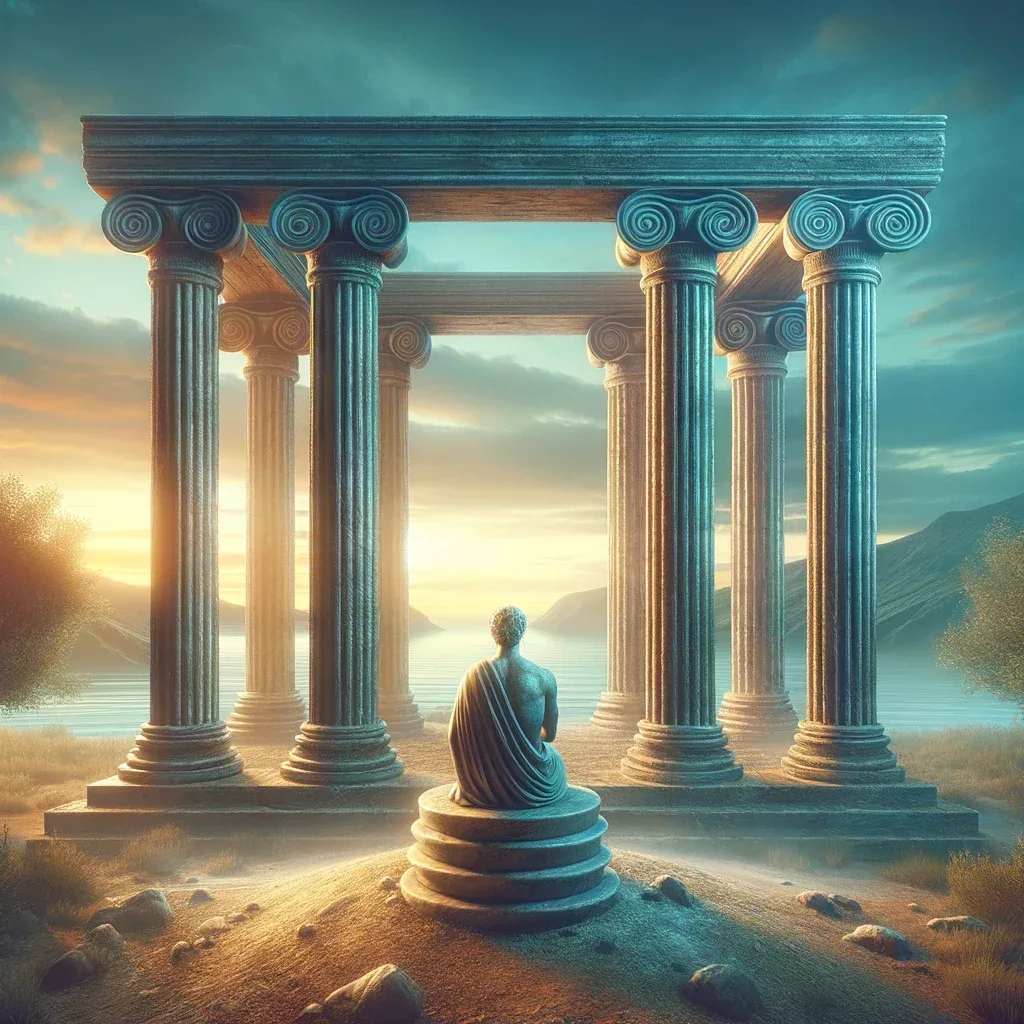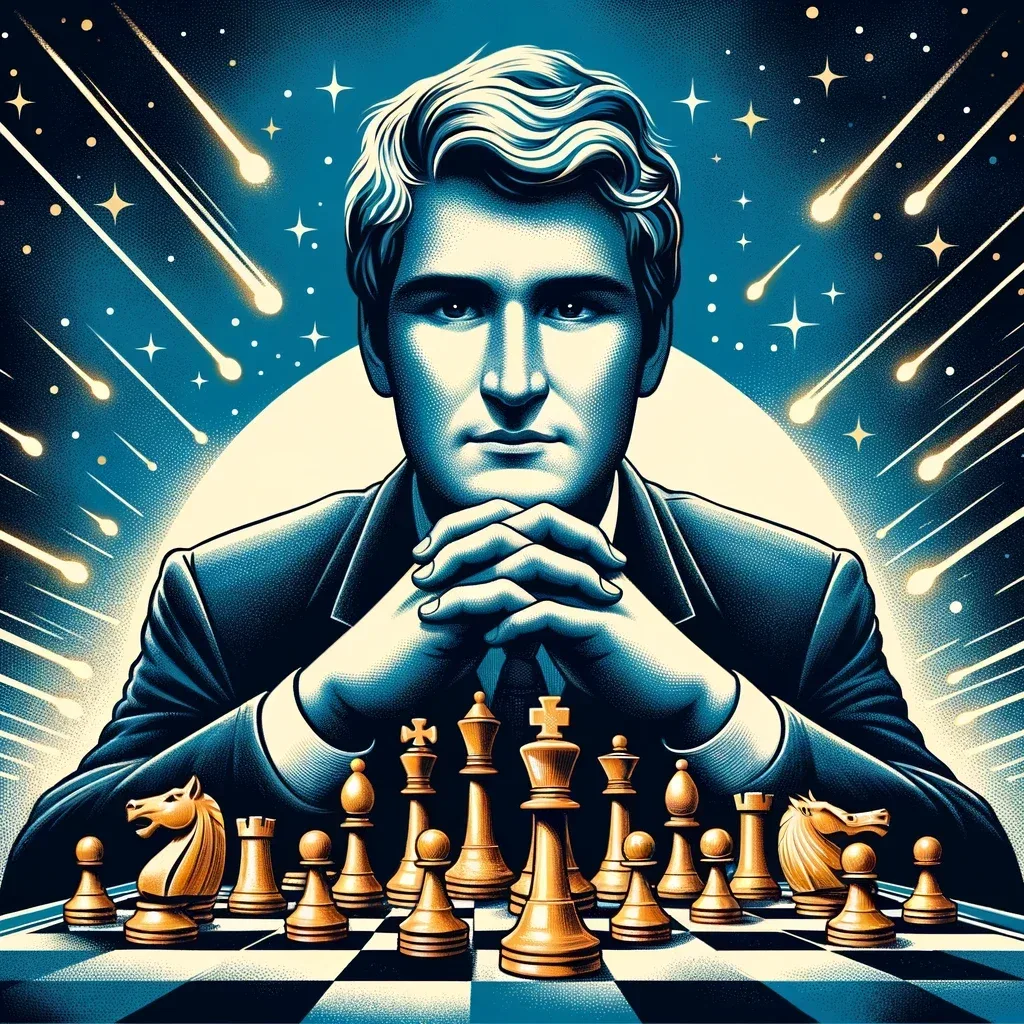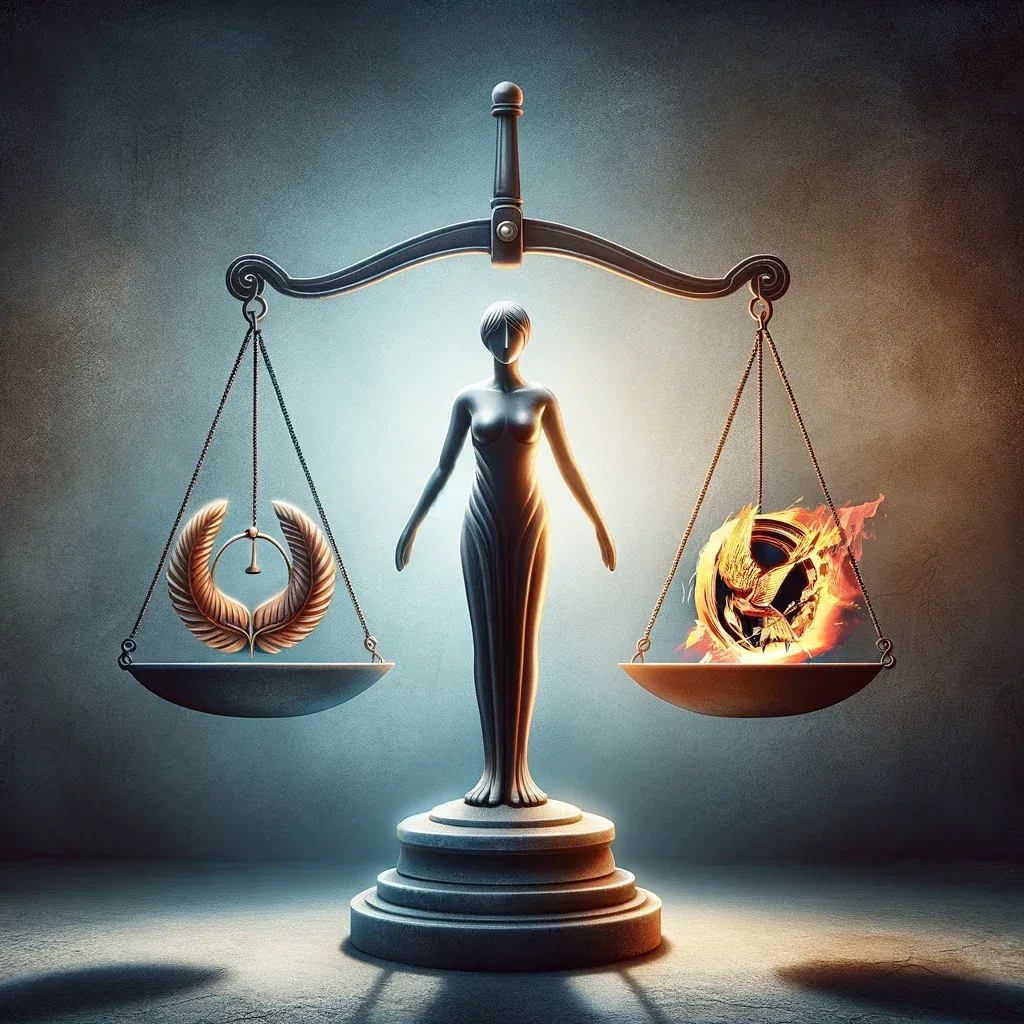The character Plutarch Heavensbee, from the popular “Hunger Games” series, arouses particular interest among philosophy scholars, especially with regard to Stoicism. This article seeks to explore in depth whether Plutarch Heavensbee can be considered a Stoic, analyzing his actions, thoughts and philosophy of life from the perspective of this ancient philosophical school.

Introduction to Stoicism
Before we analyze Plutarch Heavensbee, it is essential to understand what Stoicism is. Stoicism is a Hellenistic philosophy that emphasizes control over emotions to achieve personal wisdom and peace of mind. Founded by Zeno de Cício, it teaches virtue as the greatest good and advocates that we should live in harmony with nature.

Principles of Stoicism
- Control of Emotions: The belief that we should not be controlled by our passions and impulses, but rather keep them under rational control.
- Determinism: The acceptance that everything happens for a reason and that we must accept the course of nature.
- Virtue as Supreme Good: The idea that living virtuously, according to reason, is the key to a good life.
Plutarch Heavensbee: A Profile

Plutarch Heavensbee, portrayed as the Chief Gamemaker in the later books of the “Hunger Games” series, is a complex character. He is cunning, strategic, and plays a crucial role in the rebellion against the tyrannical regime of Panem. But do his characteristics and actions reflect Stoic principles?
Heavensbee Stock Analysis
- Strategy and Control: Heavensbee displays a high degree of control and strategy, elements that can be seen as stoic.
- Motivation for Change: His motivation to overthrow the oppressive regime suggests a pursuit of justice, a stoic value.
- Emotions and Decisions: His behavior shows a balance between emotion and rationality, aligning with Stoic emotional control.
Stoicism in “The Hunger Games”

The universe of “The Hunger Games” presents several elements that can be analyzed in the light of stoicism. The dystopian context and the characters' struggles for survival and justice bring to the surface questions about emotional control, fatalism and ethics, central themes of stoicism.
Stoic Elements in the Narrative
- Resilience in the Face of Adversity: The characters' ability to face challenges reflects the resilience fostered by stoicism.
- Morality and Ethics: Difficult moral decisions permeate the series, echoing Stoic dilemmas about what is right and just.
- Acceptance of Destiny: Many characters, including Heavensbee, show an acceptance of fate, aligning themselves with stoic determinism.
Plutarch Heavensbee and Virtue

To assess whether Heavensbee is truly Stoic, we must consider his adherence to the concept of virtue. Are your actions guided by ethical principles or personal goals? Does he seek the common good altruistically, a key to stoic virtue?
Heavensbee Virtue Analysis
- Altruistic vs. Unselfish Actions Personal Interests: Determine whether your actions benefit everyone or serve personal interests.
- Adherence to Moral Principles: Assess whether Heavensbee acts consistently with defined moral principles.
- Contribution to the Greater Good: Analyze whether your actions contribute to the greater good of Panem.
Conclusion: Is Heavensbee Stoic?
This article has presented a detailed analysis of Plutarch Heavensbee in the light of Stoicism. Although he displays stoic characteristics such as emotional and strategic control, and an apparent quest for justice, his complete adherence to stoicism depends on further analysis of his motivations and adherence to virtue. The “Hunger Games” universe offers fertile ground for exploring Stoic concepts, and Heavensbee represents an intriguing example of this philosophy in action.

FAQ: Exploring Stoicism in Plutarch Heavensbee
This FAQ seeks to clarify the main doubts about the possible adherence of Plutarch Heavensbee, a character from the “Hunger Games” series, to the principles of Stoicism. Here, we answer the most frequently asked questions about his characteristics, actions and the presence of stoic elements in his narrative.




